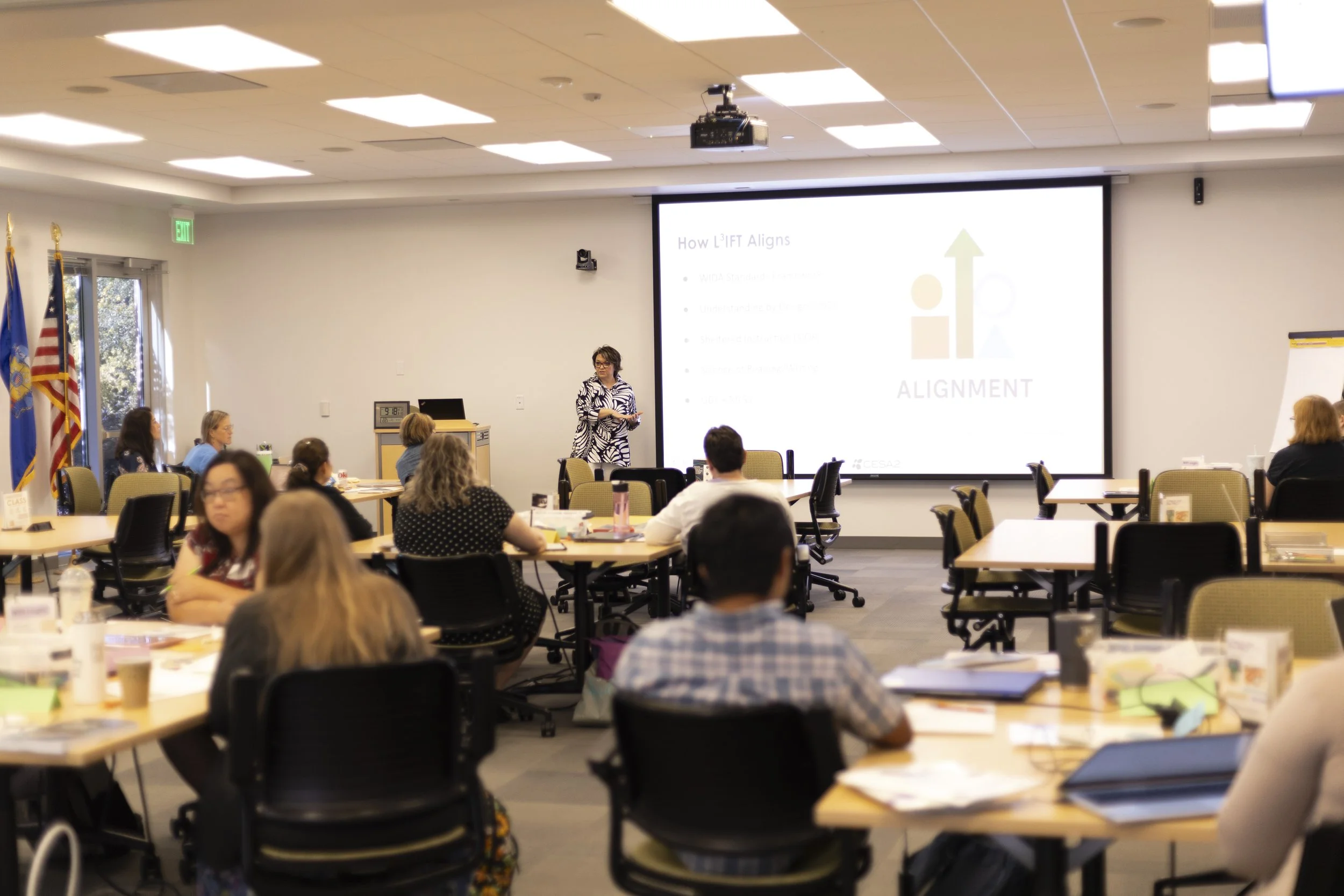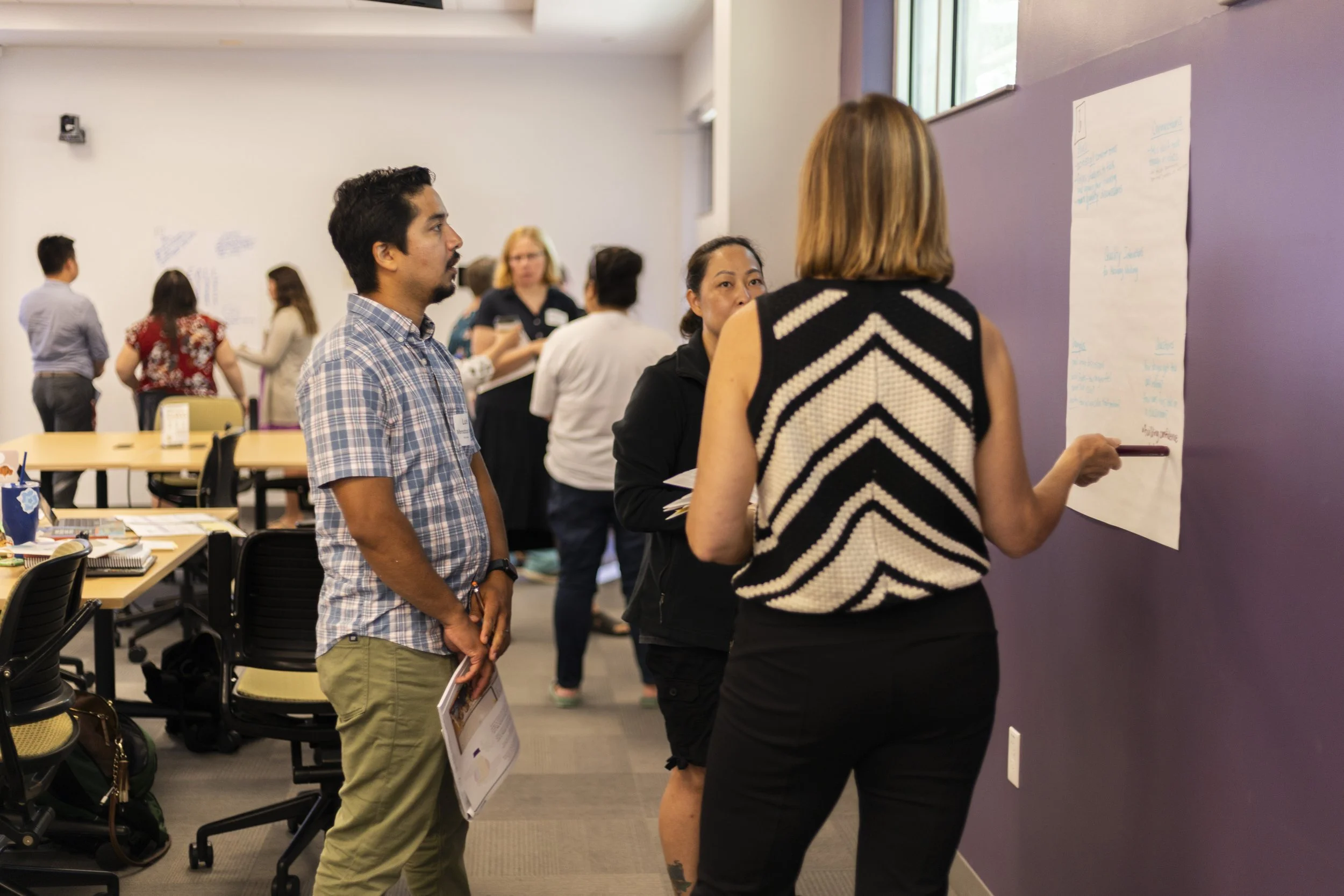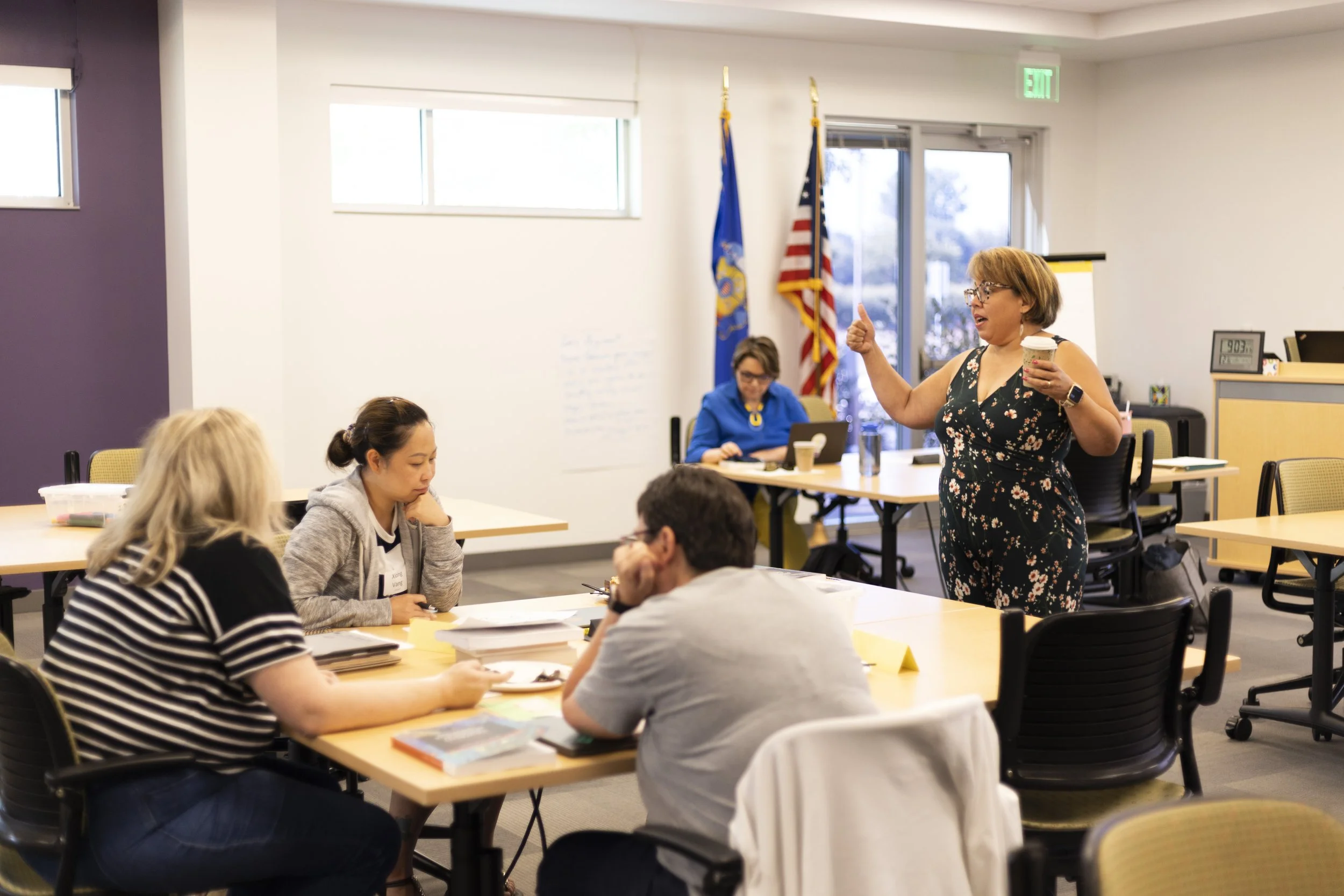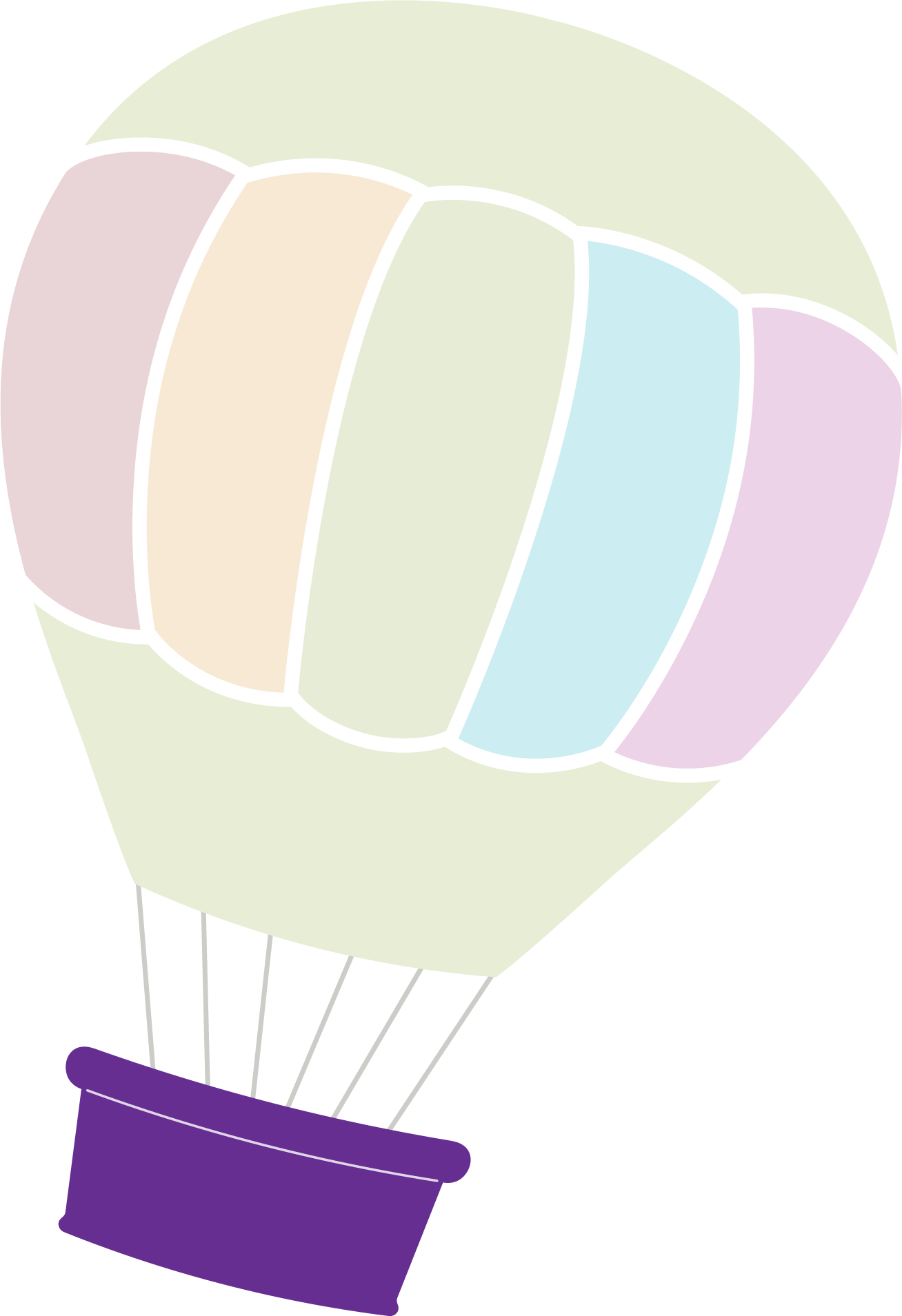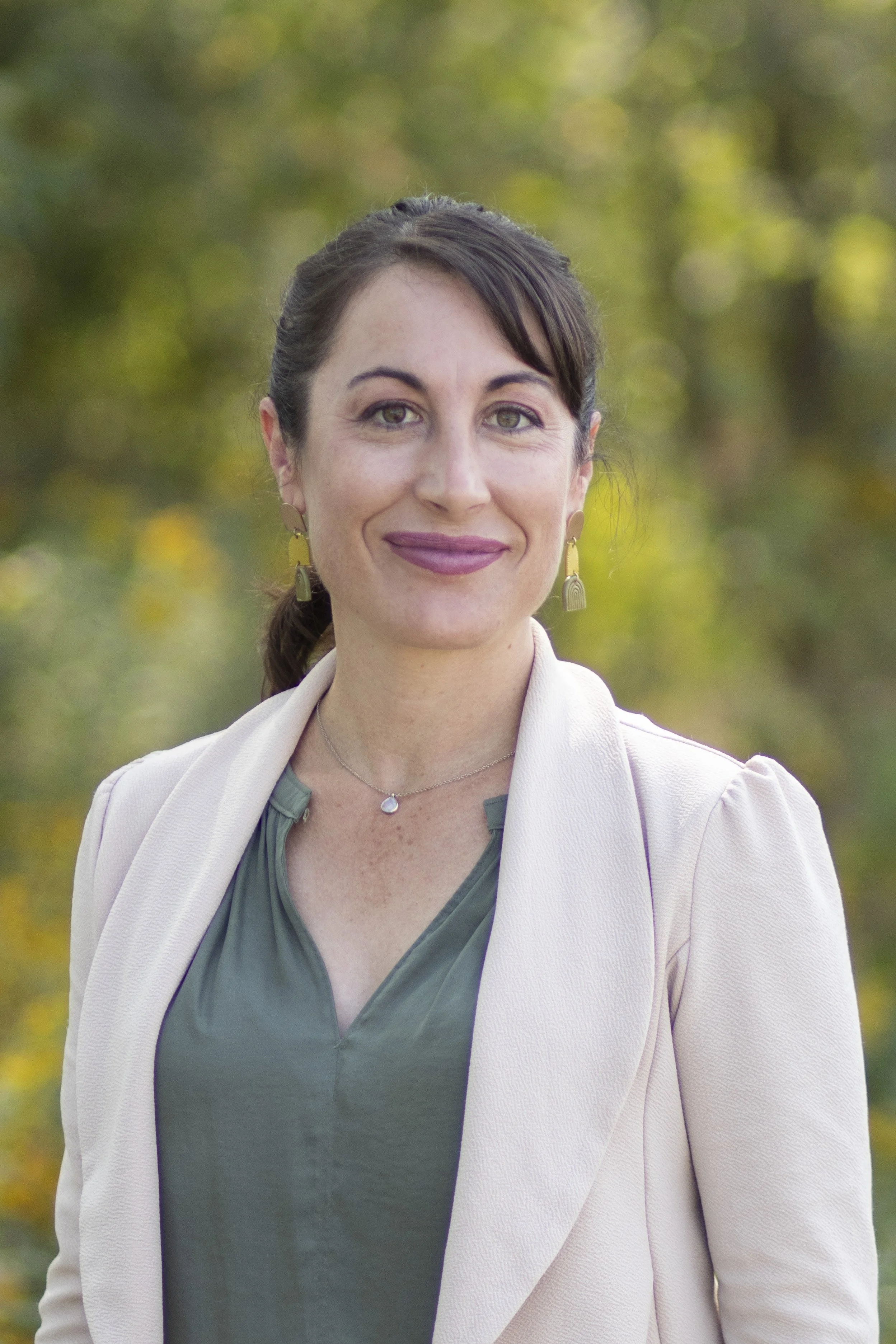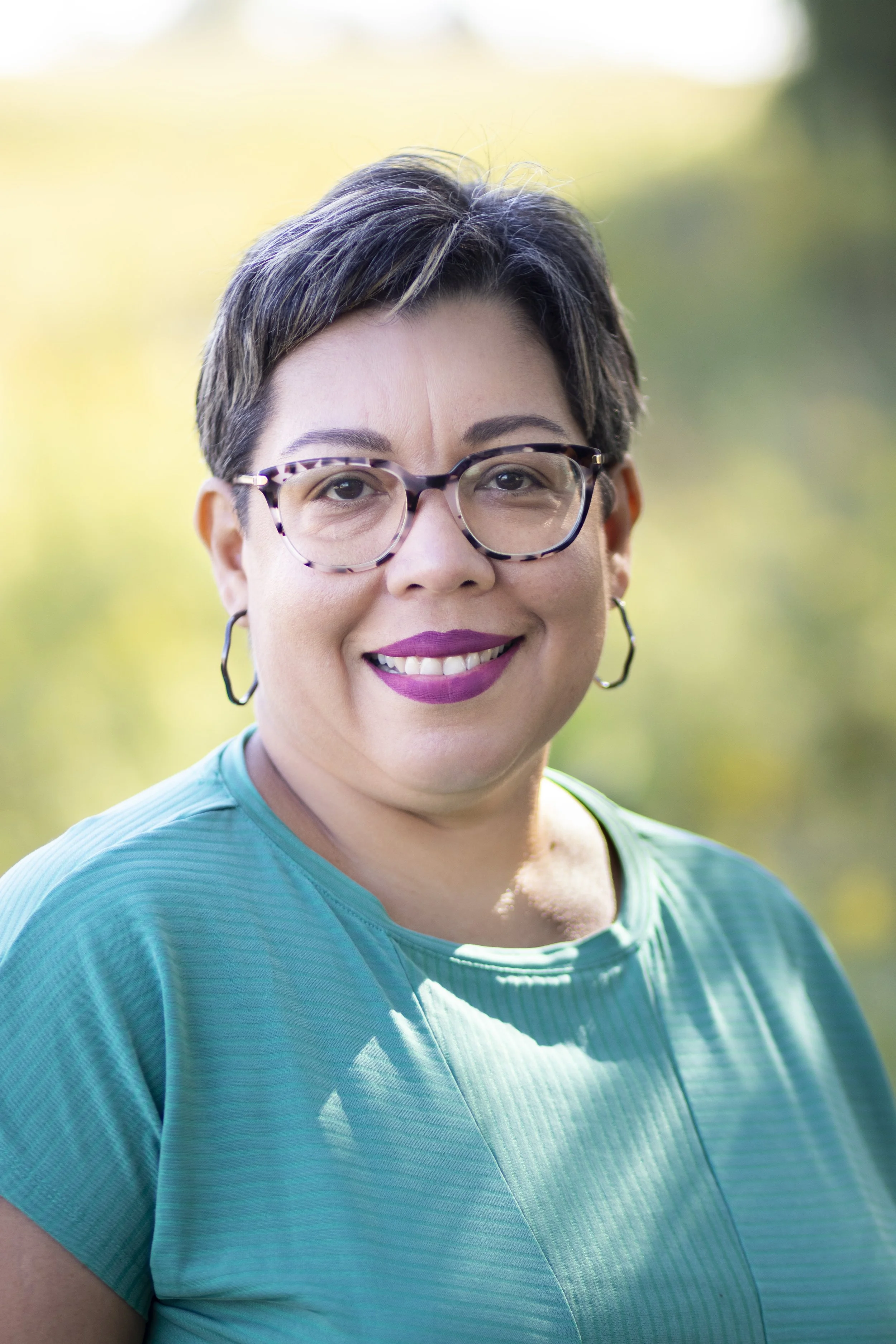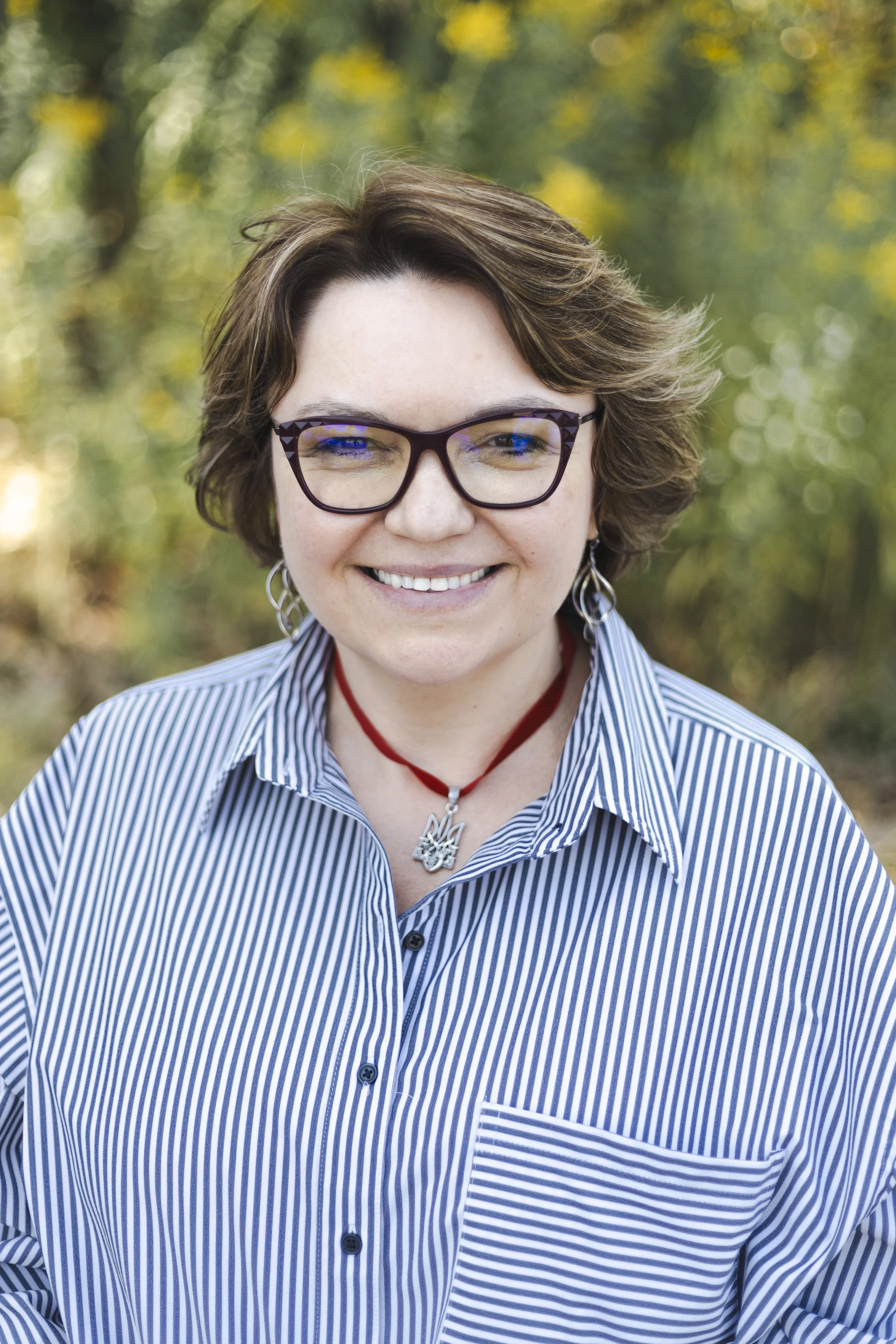L³IFT Framework:
Learning, Language, and Literacy Integrated Framework for Teaching
Lifting All Students through Rigorous Levels of Learning through Language
What is L³IFT?
The Learning, Language, and Literacy Integrated Framework for Teaching (L³IFT) is a research-based approach developed by CESA 2’s Language & Culture Center. Originally created to better serve Multilingual Learners (MLs) and historically marginalized students, L³IFT effectively supports all students.
Unlike traditional models that treat language development as something to tackle before rigorous academic content, L³IFT integrates both from the start. Students engage with meaningful, rigorous content, and high-level concepts while building the language and literacy skills needed to thrive.
Grounded in culturally sustaining practices and aligned with the WIDA English Language Development Standards, the framework equips teachers to:
Make academic language visible and accessible.
Create inclusive classrooms that recognize and affirm all students.
Provide both high challenge and high support, ensuring all students can fully participate and succeed.
In short, L³IFT helps teachers lift every learner through intentional integration of language, literacy, and learning.
The Challenges L³IFT Solves
Educators know that traditional approaches to supporting Multilingual Learners often fall short. L³IFT was designed to close these gaps and create classrooms where all students can thrive.
The Challenge
Language and content taught separately: Students are often expected to speak and write for academic purposes without receiving explicit instruction on how to do so-on how language works. It’s assumed that they will just “pick it up.”
Oversimplified instruction: Lessons are watered down, limiting exposure to the deep content knowledge needed for success.
Isolated supports: In the case of multilingual students, language development is frequently left to EL teachers in pull-out programs, keeping support disconnected from core instruction.
Missed opportunities for inclusion: Classrooms may overlook students’ cultural and linguistic strengths, leaving them disengaged.
The L³IFT Solution
Integration, not separation: Language development and academic content are taught together.
High challenge + high support: Students work with grade-level material, supported through scaffolding, modeling, and guided practice.
System-wide collaboration: Core teachers and EL specialists share responsibility, ensuring MLs are supported across all content areas.
Culturally sustaining practices: Classrooms leverage students’ identities, languages, and experiences as assets for learning.
With L³IFT, districts can move beyond remediation models and equip every student to succeed academically while developing strong language and literacy skills.
The Components of L³IFT
Culturally Sustaining Practices
Culturally Sustaining Practice begins with a culturally aware mindset that sees all humans as cultural beings who work to stay continually curious to learn, unlearn, and relearn.
Integration of Disciplinary Literacy, Language, and Reasoning
Integration of Disciplinary Literacy, Language, and Reasoning ensures that instruction incorporates all three elements. Language is taught explicitly in the service of learning and is not reduced to only vocabulary.
Experience-Anchored Language Learning
Experience-Anchored Language Learning (EALL) is a teaching approach that centers language development around engaging, meaningful experiences.
Explicit and Sustained Language Focus
An explicit and sustained language focus involves deliberately teaching language in the service of learning within content instruction, ensuring that language development is consistently integrated with the learning it serves.
High Challenge & High Support with Macro-Micro Scaffolding
High Challenge and High Support starts with teachers believing that MLs are capable of learning the same material as their grade level peers and then providing sequencing of learning activities that gradually provide access towards successful participation through macro and micro scaffolding (de Oliveira & Smith 2019; de Oliveira & Westerlund, 2023; Gibbons, 2009; Michell & Sharpe 2005; Walqui & Bunch 2019).
Quality Interactions for Meaning Making
Quality interactions for meaningmaking encompass not only the quantity of student talk but, more importantly, the quality of these interactions. Research continuously finds that MLs are not talking enough in classrooms (SoutoManning & Martell, 2016; Van de Pol et al, 2012).
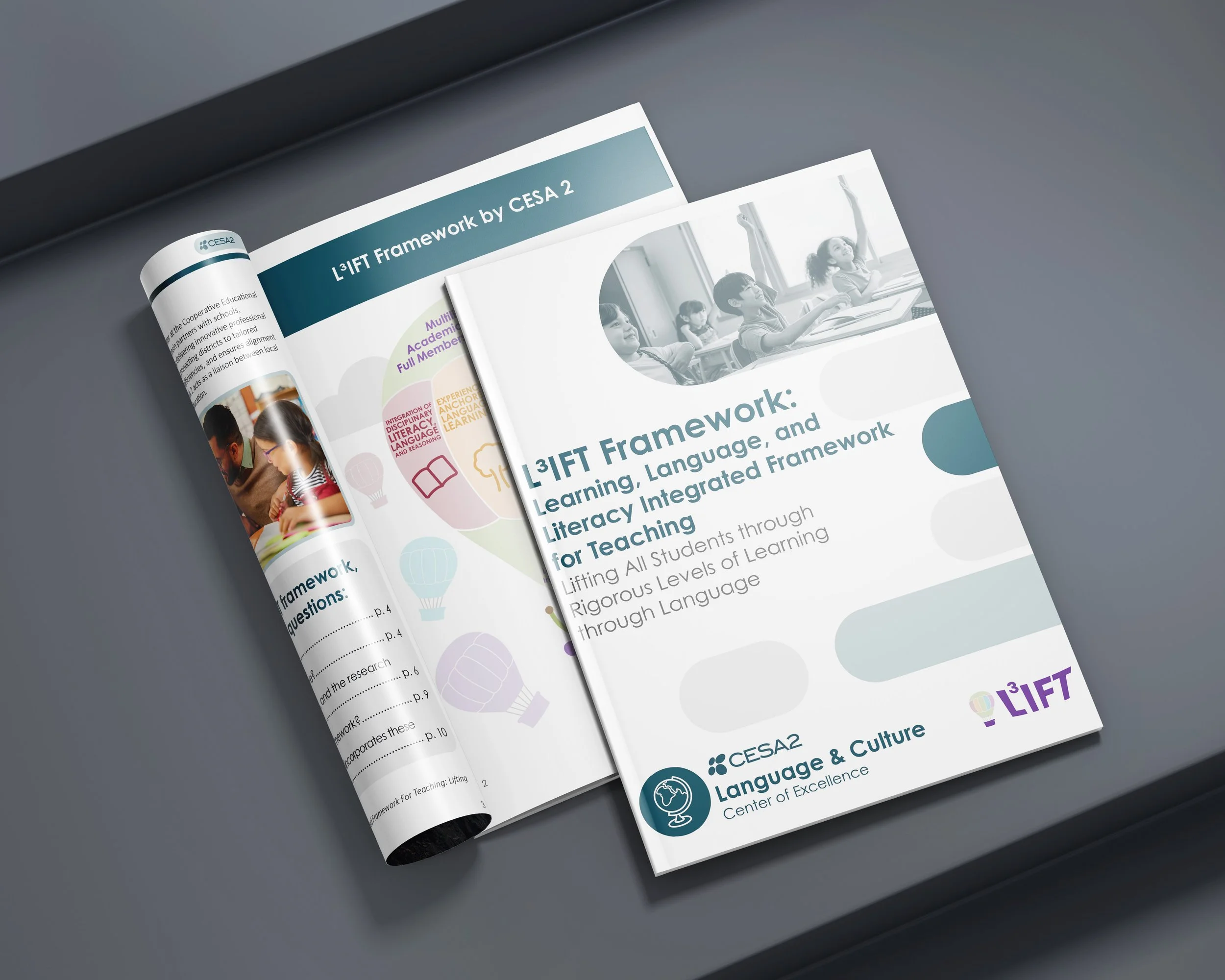
About the Authors
Audrey Lesondak is the Senior Director of the Language and Culture Center of Excellence at CESA 2, with over 25 years of experience in multilingual education. She has worked in K-12 schools, universities, and state agencies, designing workshops on linguistics, language acquisition, and culturally sustaining practices. As a former consultant with the Wisconsin Department of Public Instruction, Audrey co-created the EL Policy Handbook, managed the bilingual and Title III grant programs, developed accommodations and supports for Multilingual Learners on state assessments, and contributed to WIDA’s standards framework and rollout of the ACCESS for ELLs. She holds degrees in German, Urban Planning, and teaching licenses.
Gretchen Lettau is the Senior Director of the Curriculum & Coaching Center of Excellence at CESA 2. She brings more than 20 years of experience as a teacher, coordinator, and educational leader working with culturally and linguistically diverse populations. Gretchen is recognized for her ability to design and lead systems that integrate curriculum, coaching, and professional learning to ensure equity and rigor for every student.
A co-author of the Learning, Language & Literacy Integrated Framework for Teaching (L³IFT), Gretchen partners with districts to align instructional practices with the WIDA ELD Standards, disciplinary literacy, and culturally sustaining pedagogy. Her expertise spans bilingual and dual-language program design, academic language development, instructional coaching, and data-driven continuous improvement.
Gretchen holds a Master’s Degree in Curriculum and Instruction and administrative licenses for the principalship and director of curriculum and instruction. She is known for her vision, her ability to execute complex initiatives, and her commitment to growing leadership capacity in others.
Fran Veguilla is a transformational leader, committed to equitable practices that help eliminate barriers for our more marginalized students and their families, so that they can fulfill their true potential. Fran has over 15 years of experience as a classroom teacher, bilingual/EL teacher, mentor, instructional coach, PLC facilitator, and advocate for change. Fran holds a Master’s degree in Bilingual Education from Rockford University and an Educational Leadership degree from Edgewood College. She is a collaborative leader who envisions schools and programs where diversity, inclusivism, and culture are seen, valued and celebrated.
Ruslana Westerlund is an educational consultant at CESA 2 specializing in using the WIDA Standards for equity through rigorous and culturally relevant teaching, providing access to disciplinary genres for all students, and designing equitable instructional practices for English Learners. As a former researcher at WIDA, she was a co-author of the WIDA ELD Standards and she believes they have the power to improve educational outcomes for MLs. Her unique area of expertise and research is writing in the disciplines through an apprenticeship pedagogy called the Teaching and Learning Cycle for Disciplinary Genres.


